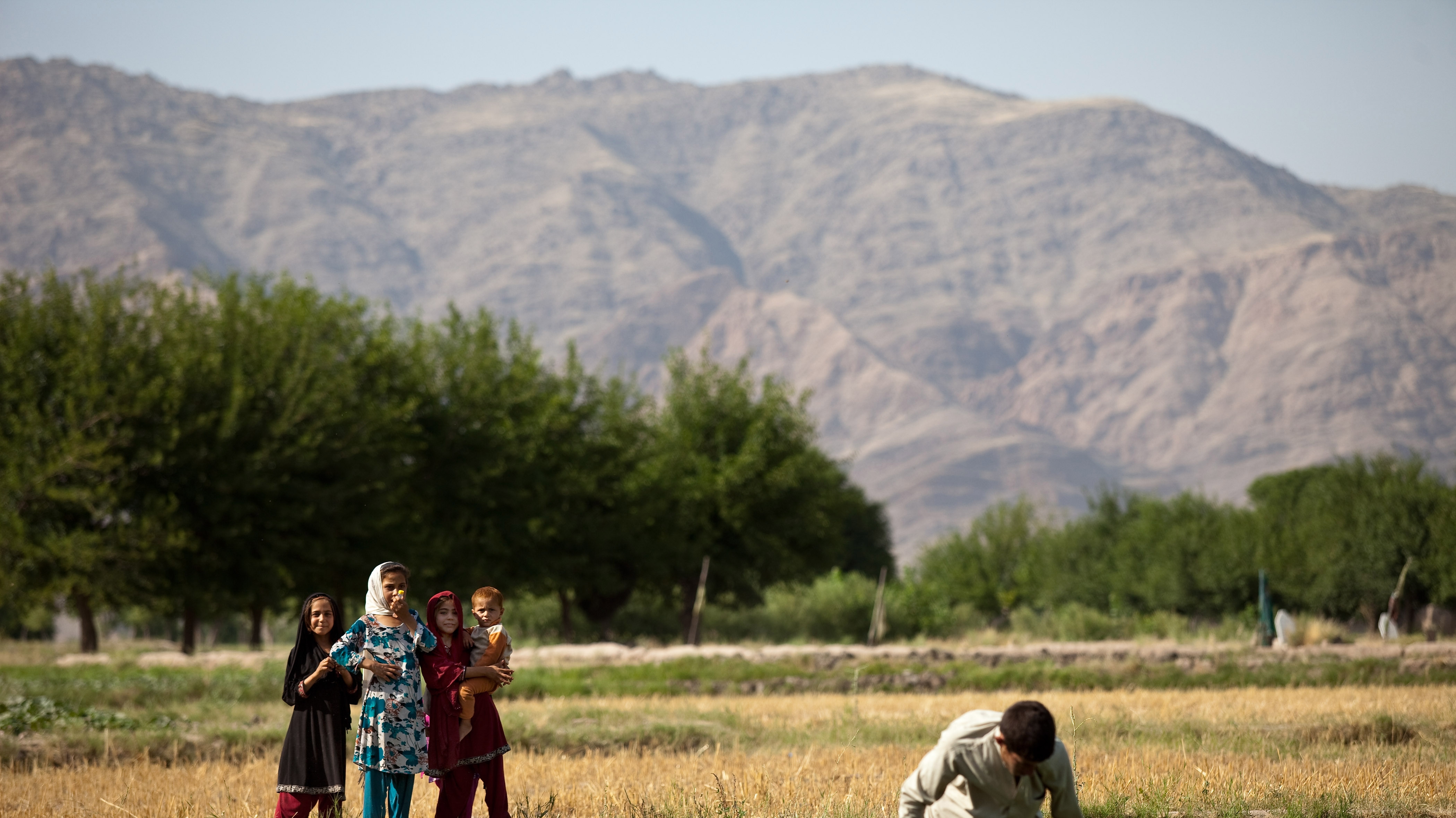The political and security transition continues to take a heavy toll on Afghanistan’s economy. The World Bank Afghanistan Economic Update April 2015 notes that economic growth in Afghanistan has slowed sharply starting 2013. The decline in growth, from an average of 9 percent during 2003-2012 to 3.7 percent in 2013 and 2 percent in 2014, is mostly the result of protracted political transition in 2014 and slow pace of reforms, reducing investor and consumer confidence in the economy. The growth outlook for 2015 remains weak: unfavorable weather conditions for agriculture production and lagged effects from last year could continue to undermine economic recovery.
Moreover, the Government is still grappling with containing a fiscal crisis which unfolded last year. The economic slowdown, compounded by increased governance vulnerabilities and weaknesses in tax and customs enforcement, resulted in a hefty decline of domestic revenues from a peak of 11.6 percent of GDP in 2011 to 8.4 percent in 2014. In spite of measures to restrain expenditures, the government faced a financing shortfall in excess of $500 million in 2014, which it managed with the help of exceptional donor assistance and by drawing down cash reserves and accumulating arrears. Consequently the government started the year with a relatively weak fiscal position, further strained by stagnating revenues in the first quarter of 2015.
In this context, the Economic Update stresses that restoring fiscal stability is critical to steer Afghanistan’s economy back on a path of recovery and growth. This will require accelerating revenue enhancing reforms, stronger expenditure consolidation efforts and additional financial assistance. Otherwise, the report cautions, the government is likely to face a financing gap in 2015, potentially as large as last year.
To address the macroeconomic vulnerabilities, the Afghan Government plans to implement strong reform programs as part of an agreement on a nine-month IMF Staff Monitored Program (SMP) which centers around measures to mobilize revenue and strengthen the financial sector.
In sum, the report concludes that Afghanistan faces the dual challenge of restoring confidence in its economic prospects and addressing formidable medium term development challenges. Successful implementation of the SMP and the ambitious reform program which the new government articulated and presented at the London Conference on Afghanistan in December 2014 could go a long way in bringing the country on a sustainable path for development.

